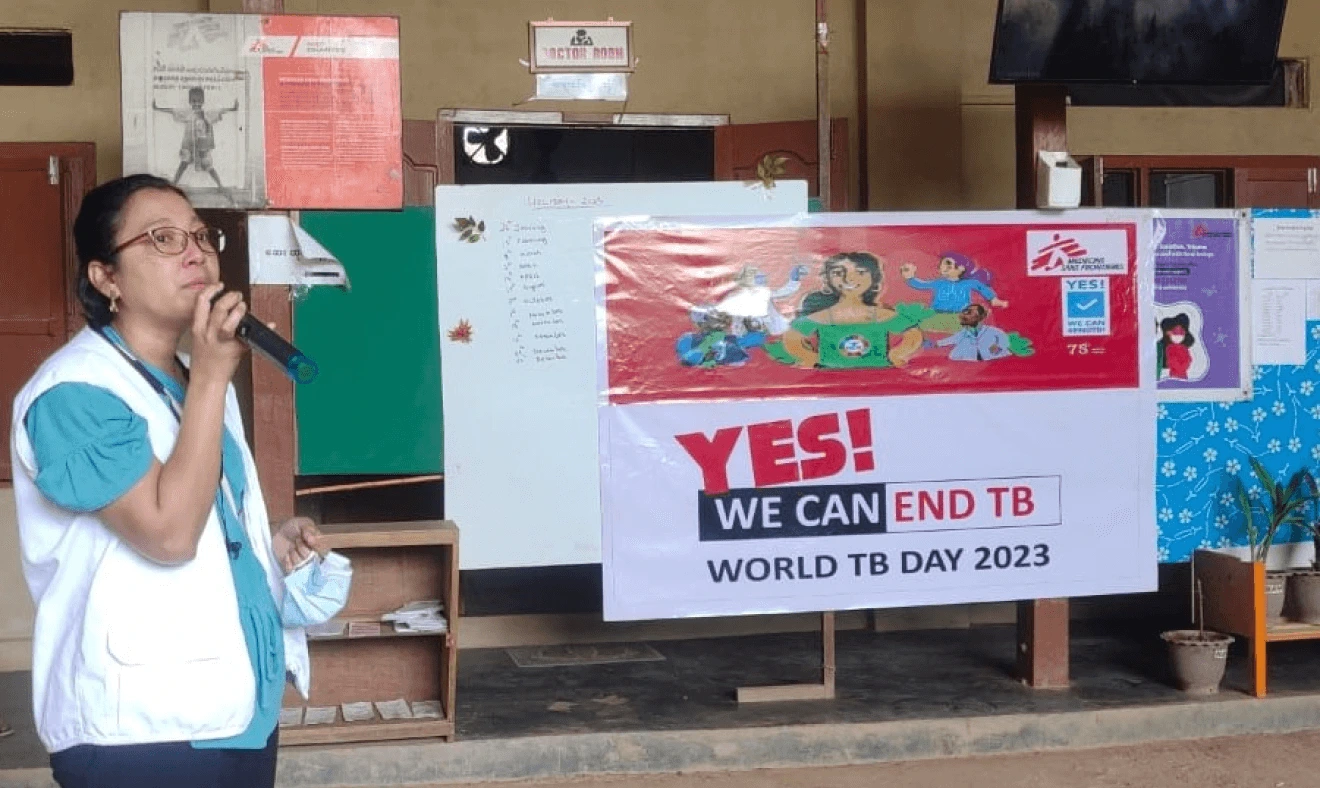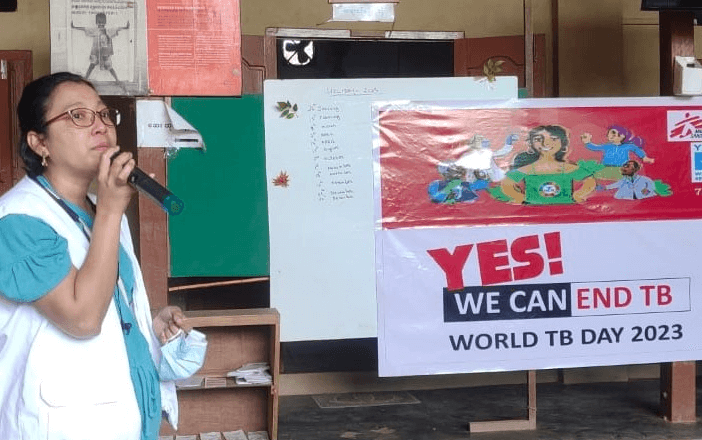We work in some of the most climate-vulnerable settings in the world, responding to many of the world’s most urgent crises – conflict, natural disasters, disease outbreaks, and displacement. These are settings where people already lack access to, or are excluded from, basic healthcare. These people are also the least responsible for the emissions that generate climate change. But the climate emergency aggravates some humanitarian crises and their subsequent healthcare consequences, which impact on people in these vulnerable settings the most.
As a medical organisation, it is beyond our field of expertise to define what causes many of the events that we then respond to. And while our teams in some places have noticed changes over the years, existing scientific evidence clearly points out that we will be seeing further rising temperatures and sea levels, and more frequent and intense extreme weather events.
Admittedly, we are rather late to the game of addressing the climate emergency. But we have taken, and are taking, a number of steps. Given the carbon-intensive nature of our work responding to crises around the world, reducing our carbon footprint presents many challenges. Even so, we recognise our contribution to human-caused environmental disruption and our ethical obligation to ‘first do no harm’ to people and the planet.





